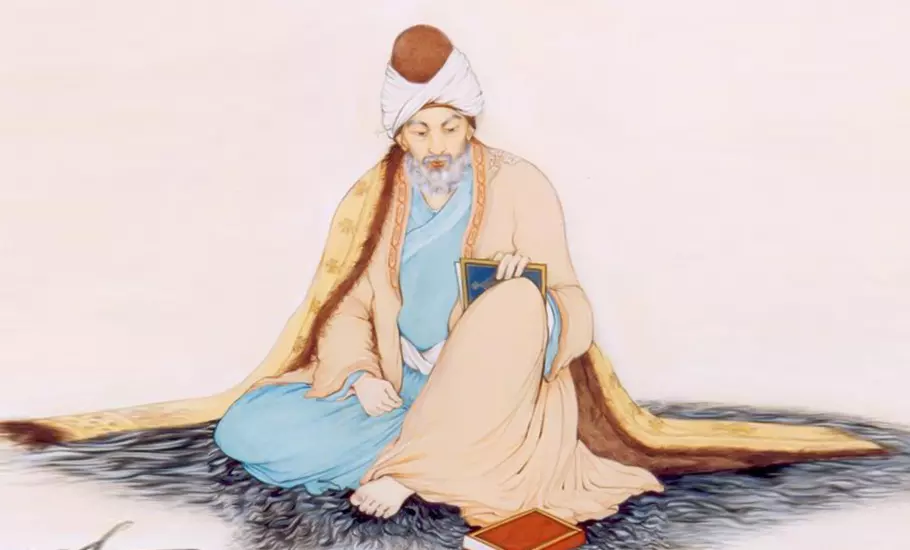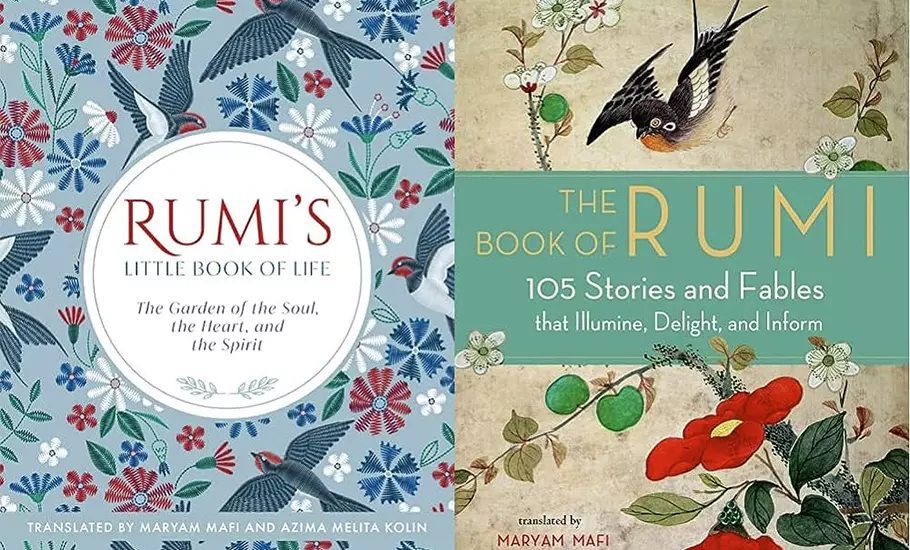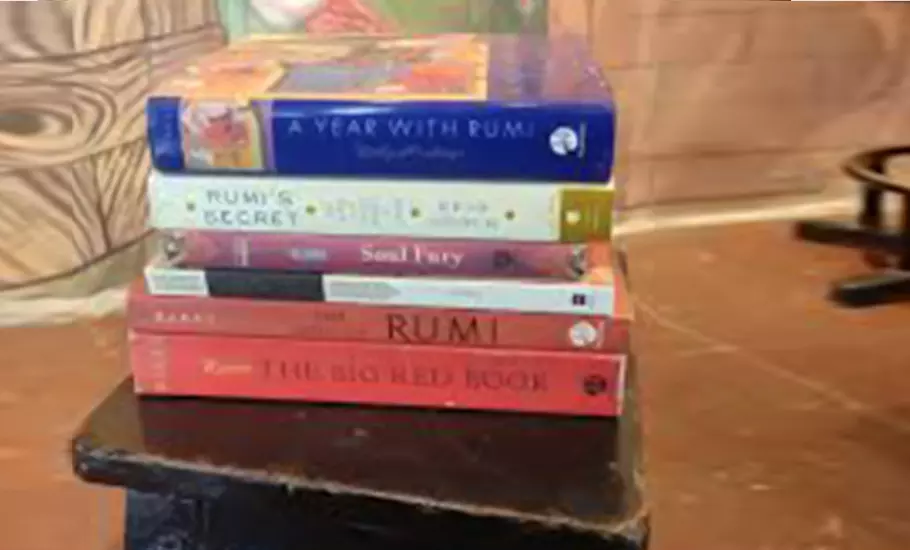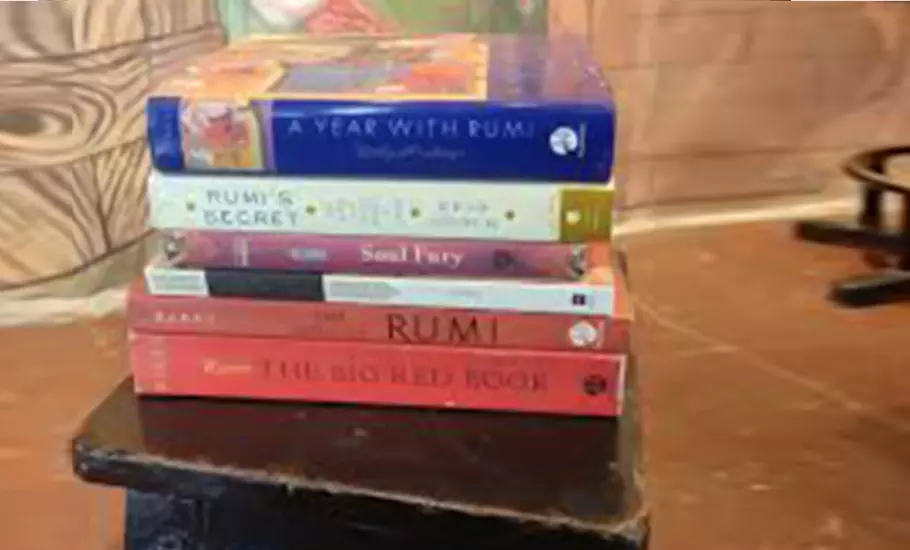
- Home
- India
- World
- Premium
- THE FEDERAL SPECIAL
- Analysis
- States
- Perspective
- Videos
- Sports
- Education
- Entertainment
- Elections
- Features
- Health
- Business
- Series
- In memoriam: Sheikh Mujibur Rahman
- Bishnoi's Men
- NEET TANGLE
- Economy Series
- Earth Day
- Kashmir’s Frozen Turbulence
- India@75
- The legend of Ramjanmabhoomi
- Liberalisation@30
- How to tame a dragon
- Celebrating biodiversity
- Farm Matters
- 50 days of solitude
- Bringing Migrants Home
- Budget 2020
- Jharkhand Votes
- The Federal Investigates
- The Federal Impact
- Vanishing Sand
- Gandhi @ 150
- Andhra Today
- Field report
- Operation Gulmarg
- Pandemic @1 Mn in India
- The Federal Year-End
- The Zero Year
- Science
- Brand studio
- Newsletter
- Elections 2024
- Events
- Home
- IndiaIndia
- World
- Analysis
- StatesStates
- PerspectivePerspective
- VideosVideos
- Sports
- Education
- Entertainment
- ElectionsElections
- Features
- Health
- BusinessBusiness
- Premium
- Loading...
Premium - Events
How Rumi’s religion of love holds out hope of a bridge between faiths
Celebrated Persian poet Rumi’s verses transcend time and cultural boundaries. In our divisive time, his poetry, rooted in deep spiritual insight, holds out the hope of bridging the gap between religions; it mirrors the interconnectedness of all humans, irrespective of all barriers. Rumi inspires us to break down the walls that separate us, and to replace hate with compassion that can melt the most hardened hearts and bridge the widest chasms. Reading Rumi is learning how to counteract darkness with the light of love.
3 mins read

“Out beyond ideas of wrongdoing and rightdoing, there is a field. I’ll meet you there.” These oft-quoted words by the celebrated 13th-century Persian poet and Sufi mystic Jalal al-din Muḥammad Rumi have found their way to the lovelore of countless people — across generations, and around the world. The field Rumi — known for his mystical and philosophical poetry that often...
“Out beyond ideas of wrongdoing and rightdoing, there is a field. I’ll meet you there.” These oft-quoted words by the celebrated 13th-century Persian poet and Sufi mystic Jalal al-din Muḥammad Rumi have found their way to the lovelore of countless people — across generations, and around the world. The field Rumi — known for his mystical and philosophical poetry that often explored themes of love, spirituality, and the nature of reality — speaks of is a metaphor for a sacred space of communion between two people, regardless of their background or beliefs: the field of oneness and open-heartedness.
I thought of these lines after the communal clashes erupted in Nuh, Haryana, recently. These words, penned centuries ago, are the perfect antidote to the poison of hatred that seems to have pervaded our country, a kind of compass that points towards a higher ground where all of us could gather, stripped of the shackles of prejudice. A distant lighthouse that guides us away from the treacherous currents of hatred — free from judgment and conditions, and beyond religious boundaries and ideological affiliations — towards empathy and understanding.

Rumi’s poetry, a blueprint for inner transformation which seems to provide a counterbalance to the hate-filled rhetoric, brings us closer to the concept of oneness — the idea that all beings are interconnected and that the barriers we construct between ourselves are ultimately illusory, ephemeral, man-made. It lets us realise that it is the superficial differences that often ignite enmity. By recognising the universal human experiences that bind us together — love, suffering, joy, and longing — Rumi inspires us to break down the walls that separate us, and to replace hate with compassion that can melt the most hardened hearts and bridge the widest chasms. Reading Rumi is learning how to counteract darkness with light.
The field that Rumi speaks of, wrote German spiritual master Eckhart Tolle (behind books such as The Power of Now: A Guide to Spiritual Enlightenment and A New Earth: Awakening to Your Life’s Purpose), is the field of oneness, the field of pure consciousness. “It is the place where we are all connected, where there is no separation. When we step out beyond our ideas of right and wrong, we enter this field and experience a profound sense of peace and belonging. We no longer feel alone, but rather part of something much larger than ourselves,” wrote Tolle, who is among scores of people in the West fascinated by Rumi’s works; in the US, for instance, the versifier enjoys the status of a bestselling poet.
Born in the city of Balkh, Afghanistan, Rumi was raised in a family of theologians and scholars. His father, a renowned theologian and jurist, played a crucial role in shaping his intellectual and spiritual development. However, it was the arrival of Shams Tabrizi, a wandering Sufi, in Rumi’s life that transformed him from a respected scholar and teacher to a poet and mystic. It was through his friendship with Shams that Rumi’s soul was awakened to the beauty and mystery of the divine. Sample some of his lines written in his memory. ‘Shams-e Tabriz, through your sun we shine just like the moon.’ (from Ghazal 1579). In Ghazal 2056, ‘Sun of Truth and Faith, pride of Tabriz! Speak! – but it is your voice that mouths all my words.’ In Ghazal 1683, he writes that Tabrizi influenced him so much that he became a living embodiment of his words: ‘My thoughts and reflections inspired by you – As though I were your phrases and expression.’
Rumi’s poetry reflects his deep spiritual insight and his unbounded love for humanity. His poems, written in Persian, are filled with references to the Quran, the Bible, and the Torah, as well as to the teachings of Hindu and Buddhist philosophers. His syncretic approach to religion is reflected in his poems, which emphasize the unity of all religions and the universality of love. “Rumi was the essence of Islam, and yet belonged to every possible faith from every part of the world,” writes filmmaker Muzaffar Ali in his autobiography Zikr: In the Light and Shade of Time, which came out in November last year. His ecstatic poems hold out the promise of facilitating rapprochement and reconciliation between faiths.


“A Rumi poem is a bridge to the heart, and though the heart is a thronging caravanserai, it is not the ultimate place to live. Nor is a bridge. Pure being is that, or just being. Poetry points and persuades us there. Close, but not the place itself. Mystical poetry wants the full consciousness that is beyond words,” writes American poet Coleman Barks, veteran translator, in Rumi: Bridge to the Soul, which was released in 2007, the ‘Year of Rumi,’ to coincide with his 800th birthday. “Bridges work with what flows through and away. The sound of a river running mixes like egg white with the talking, the song, of people passing across. A Rumi poem may be experienced as a series of compartments we inhabit while awash with what moves through us, luminous gold bits,” Barks writes. The ghazals of Rumi, Barks tells us that ‘between a beginningless beginning and an endless end, each of us is a bridge rhythm in time.’
His best-known work, The Masnavi, one of the most influential works in Sufism and Dari literature, is laced with lessons of divine love. Spanning six volumes, and encompassing around 50,000 lines, it is like a spiritual guide, illuminating the path for Sufis seeking a connection with God. Each of its books, consisting of roughly 4,000 verses, opens with its own introduction and prologue. Woven within its pages are anecdotes and stories drawn from the Quran, hadith (teachings of Prophet Muhammad), and everyday life.
The Masnavi was written during the twilight years of Rumi’s life. He is believed to have begun dictating the first book around the age of 54 in 1258 AD and continued composing verses until his death in 1273 AD. The final book, the sixth in the series, would remain forever incomplete. While the first and second books delve deep into the nafs or the base self, unravelling its self-deception and malevolent tendencies. Books three and four are filled with reason and knowledge, embodied by the prophetic figure of Moses. The fifth and sixth books have the overarching motif of renouncing earthly existence to comprehend the divine essence.
Rumi’s fame rests on his verses that unravel the joys and enigmas of different kinds of love — romantic, erotic and divine: the ache of separation, and the sense of completeness we experience when we are in love. They traverse every corner of ‘the splendid territories of the heart.’ In Quatrain 993, he writes: ‘Don’t be more than others. So I urge my heart/Go be a salve of kindness – make no one sting/If you would have no other do you harm/Bite no back – do no bad deed – keep no bad thought.’ The spirit of oneness is unmistakable in this line from Masnavi Book 1 (3086): ‘Every prophet, every saint has his path/but as they return to God, all are one.’
